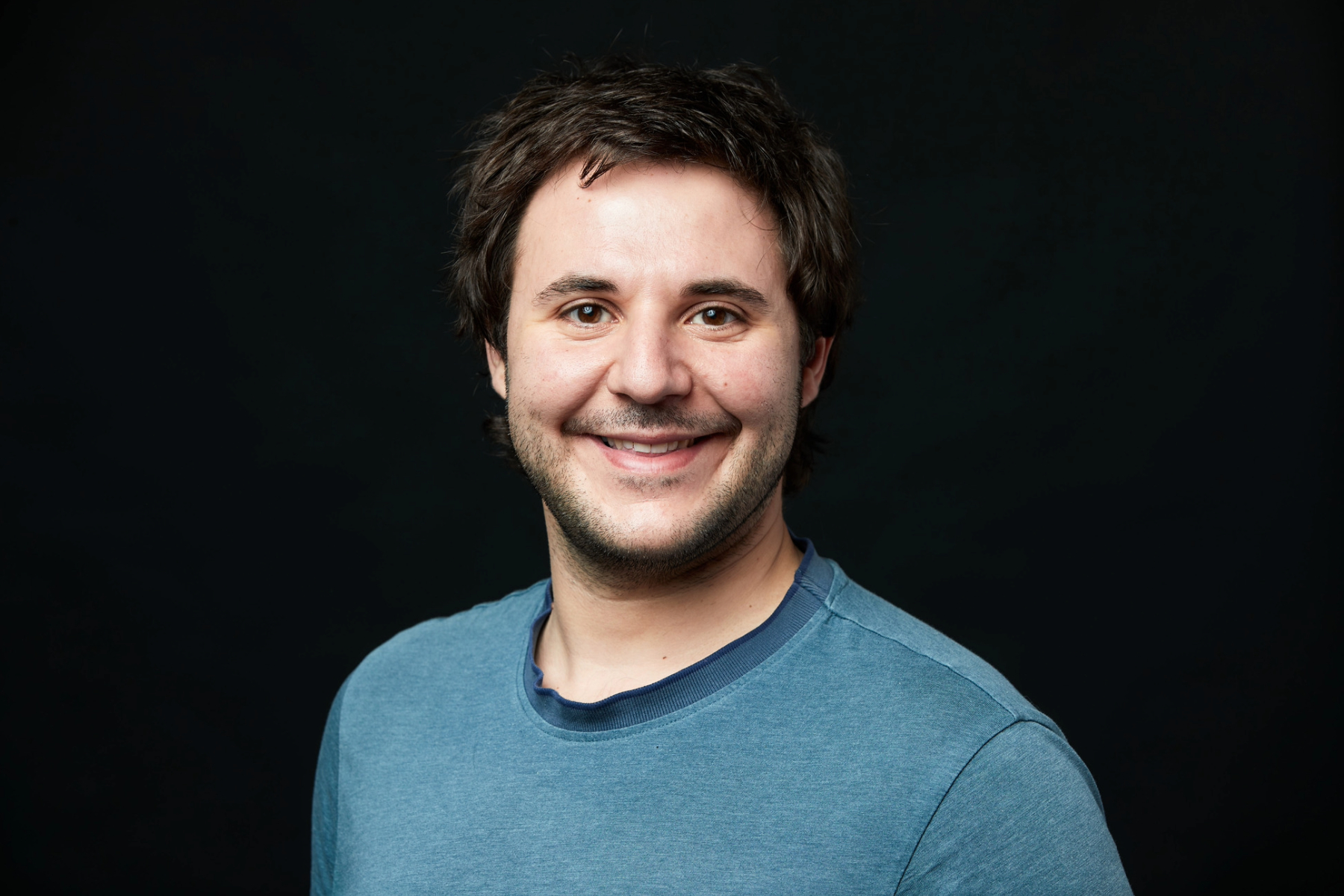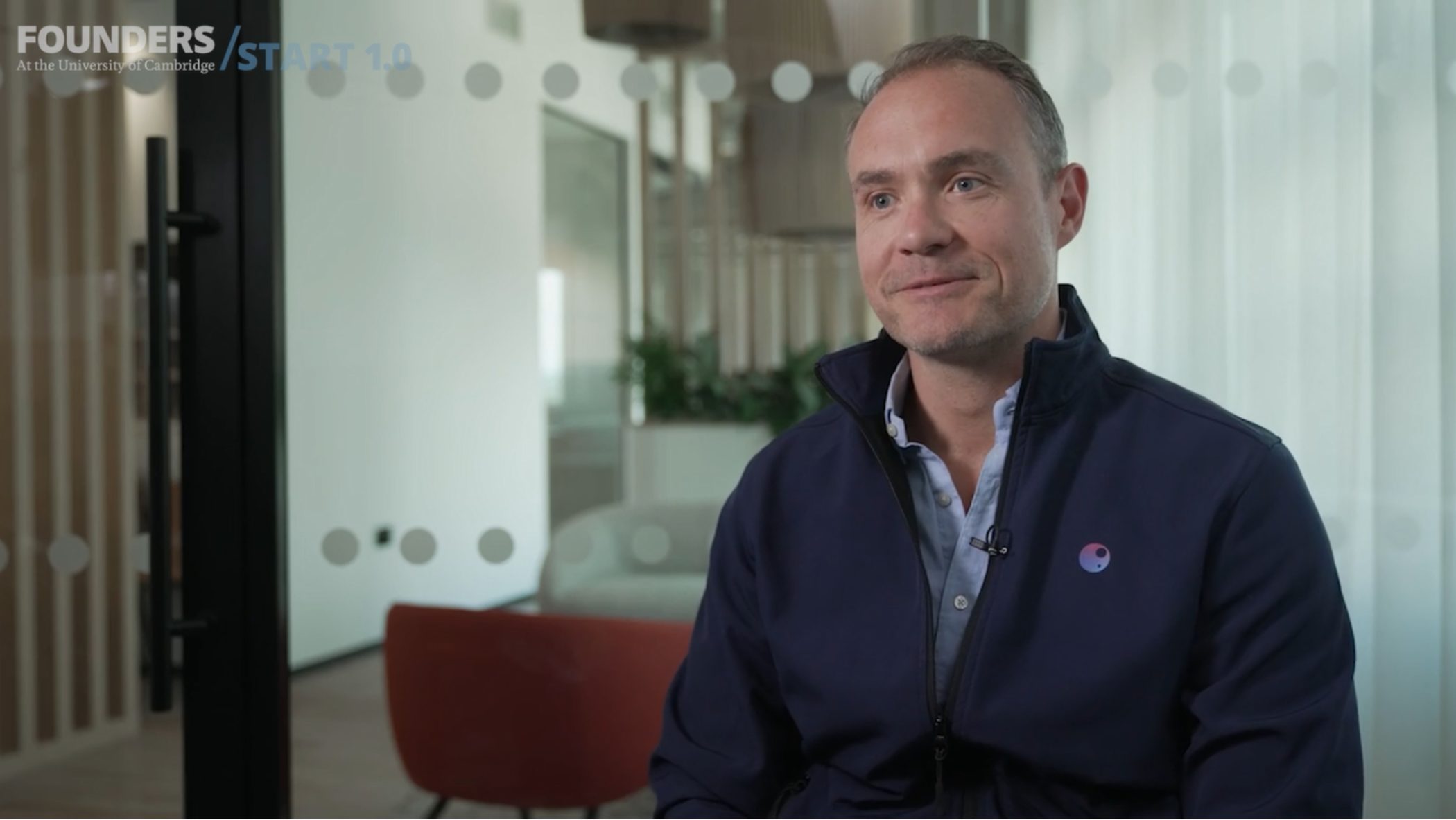Early detection of Alzheimer’s Disease is crucial for timely intervention and to slow the progression of the disease, but diagnosis is often lengthy and invasive.
Cambridge Vision Technology (CVT) has developed a groundbreaking, non-invasive approach to Alzheimer’s disease risk screening using just a simple eye exam.
This innovative technology analyses images of the retina, the back of the eye, which is an extension of the central nervous system. Subtle biomarkers in the retina can be detected with standard eye examination techniques. CVT uses AI to analyse these retinal images, identifying signs of Alzheimer’s at its earliest stages, even before symptoms appear.
“Carbon Vision Technology's success will transform how we detect and manage Alzheimer's. By enabling early diagnosis through a simple eye exam, we empower individuals to take control of their health, access timely interventions, and improve their quality of life.”

A scalable solution for early Alzheimer’s detection
Spun out from the Department of Engineering at the University of Cambridge, Cambridge Vision Technology was co-founded by Dr Andrew Kadis, a technology consultant with a PhD from the University of Cambridge, and James Wood, a physicist with an MBA from Columbia University. After completing the Founders at the University of Cambridge START 1.0 Accelerator programme in 2024, they secured a contract with the UK government to deliver their novel solution, following successful trials with academic partners. CVT is one of our Life Sciences portfolio companies, supported by Cambridge Enterprise Ventures.
“This technology has the potential to revolutionise healthcare systems worldwide, reducing the burden of Alzheimer’s on individuals, families and society as a whole.”
Dr Andrew Kadis
By combining readily available retinal imaging technology with the power of AI, CVT’s approach makes early detection more accessible and consistent, paving the way for a future where Alzheimer’s can be managed more effectively.
Image Credits: Adobe Stock





